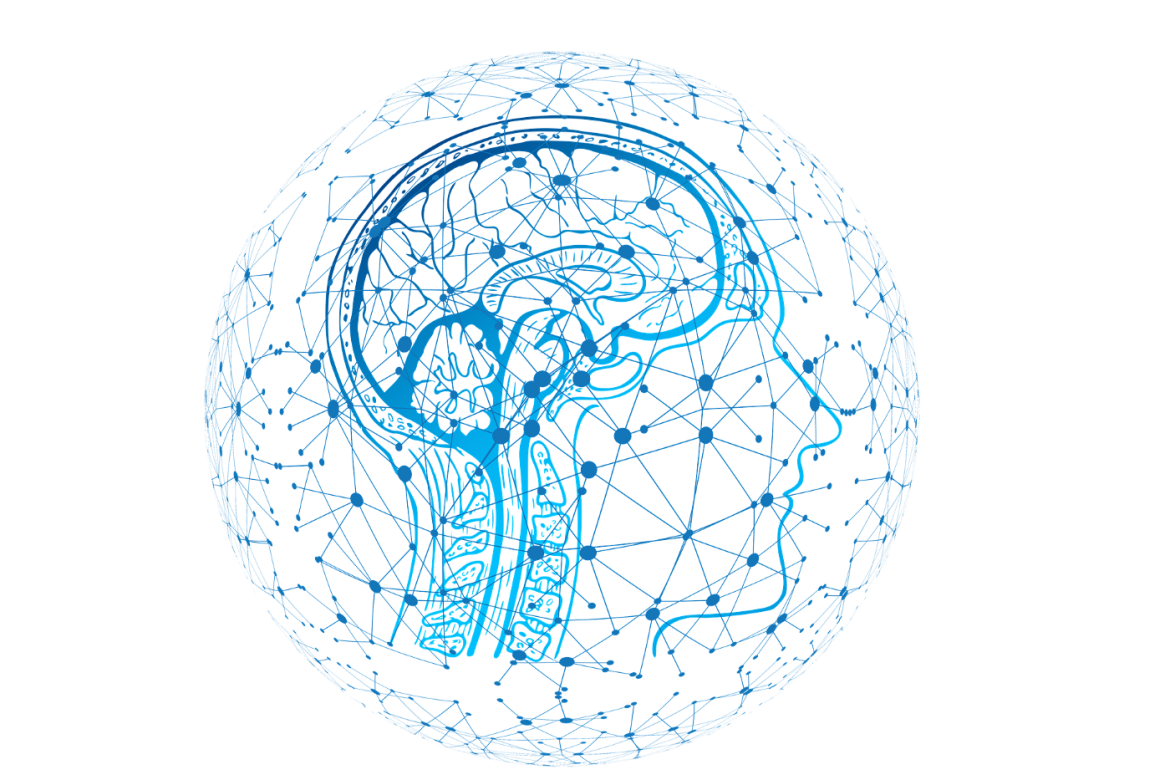Artificial intelligence, or AI, refers to the simulation of human intelligence in machines that are programmed to think and act like humans. These intelligent machines can be trained to perform a wide range of tasks, including recognizing patterns, learning from data, and making decisions.
There are several different types of AI, including narrow or weak AI, which is designed to perform a specific task, and general or strong AI, which is capable of performing any intellectual task that a human can. Narrow AI is currently the most common form of AI and can be found in a variety of applications, such as voice recognition software, self-driving cars, and virtual personal assistants.
One of the main goals of AI research is to create machines that can learn and adapt as they are exposed to new data. This process, known as machine learning, involves feeding large amounts of data into an AI system and using algorithms to analyze and learn from the data. By continually improving their understanding of the data, these systems can make increasingly accurate predictions and decisions, a process often enhanced through AI analytics to extract deeper insights.
There are several approaches to machine learning, including supervised learning, unsupervised learning, and reinforcement learning. In supervised learning, the AI system is trained on a labeled dataset, which means that the correct output for each example in the training data is provided. The AI system uses this labeled dataset to learn how to predict the correct output for new, unseen examples. In unsupervised learning, the AI system is not given any labeled training examples and must discover patterns and relationships in the data on its own. Reinforcement learning involves training an AI system to make a sequence of decisions in order to maximize a reward.
AI has the potential to revolutionize many industries, including healthcare, transportation, and manufacturing. In healthcare, AI can be used to analyze medical images and make diagnoses, assist with surgical procedures, and predict outbreaks of infectious diseases. In transportation, AI can be used to develop self-driving cars and improve traffic flow. In manufacturing, AI can be used to optimize production processes and improve supply chain management.
However, the development and use of AI also raises a number of ethical concerns. One concern is the potential for AI to replace human jobs, leading to unemployment and economic inequality. Another concern is the possibility of biased algorithms, which can perpetuate and amplify societal biases. There is also the potential for AI to be used for malicious purposes, such as cyber attacks or the development of autonomous weapons.
To address these concerns, it is important for governments, industry, and researchers to work together to develop responsible AI practices and policies. This can include measures such as transparency in the development and use of AI systems, accountability for the actions of AI systems, and the inclusion of diverse perspectives in the design and decision-making processes for AI.
Overall, artificial intelligence has the potential to bring significant benefits to society, but it is important to carefully consider the ethical implications of its development and use.


